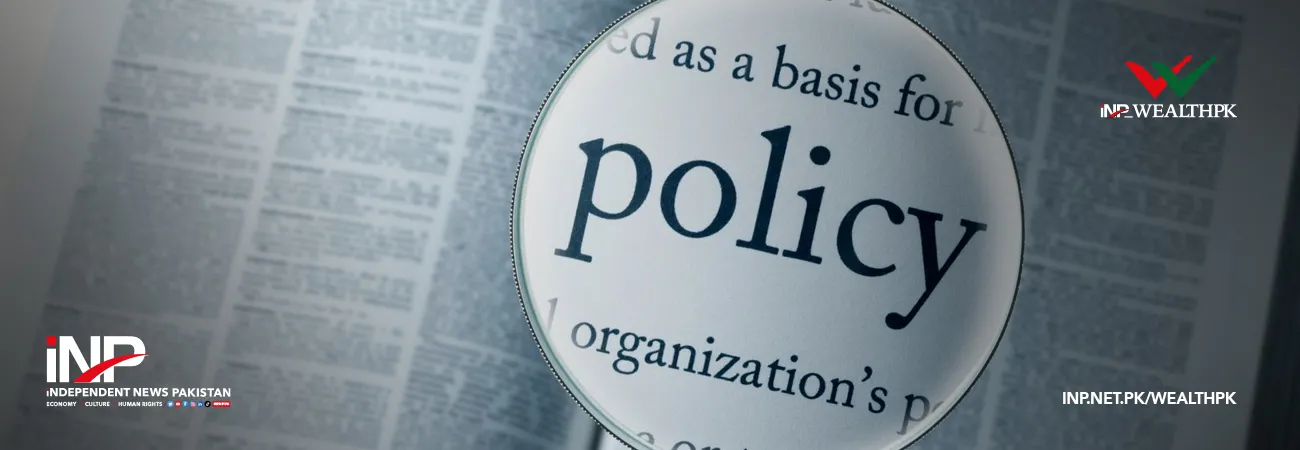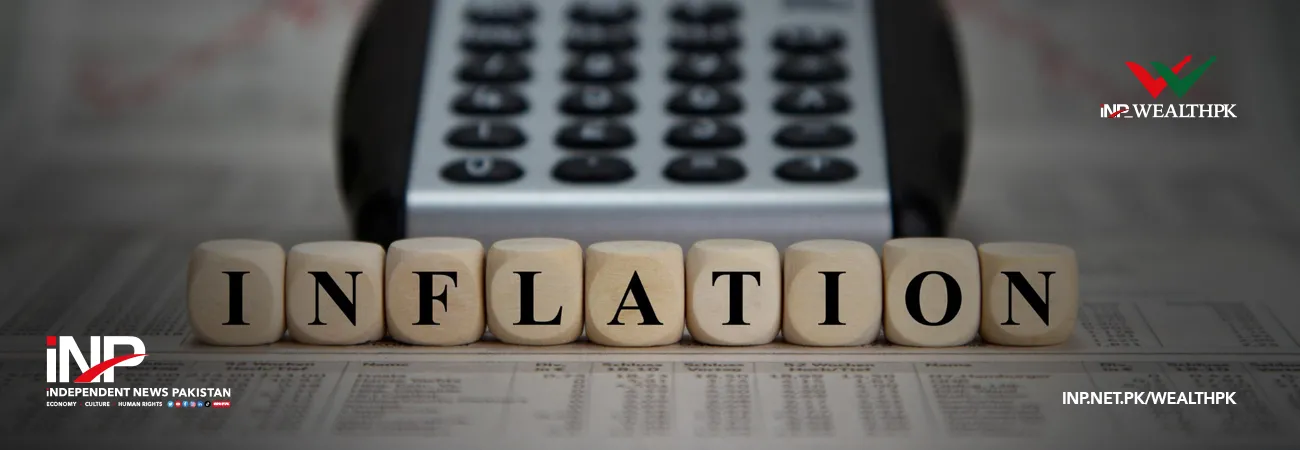INP-WealthPk
Moaaz Manzoor
Pakistan's state-owned enterprises (SOEs) have seen a slight reduction in losses but remain burdened by inefficiencies, requiring immediate reforms, strategic leadership, and privatization efforts for sustainable performance, reports WealthPK.

The recently published Federal State-Owned Enterprises Bi-Annual Report FY24 by the Ministry of Finance reveals a concerning yet nuanced picture of the performance of SOEs. During the first half of FY24, 15 SOEs were responsible for a staggering 99.3% of the sector's cumulative losses, amounting to Rs405.86 billion, while the other SOEs recorded relatively minor losses of Rs2.812 billion. This highlights persistent inefficiencies and operational challenges plaguing these entities.
Despite these troubling figures, the report indicates a 9.72% reduction in overall SOEs losses compared to the same period in the previous year when the losses stood at Rs452.686 billion. However, the long-term scenario remains bleak, with cumulative losses since 2014 reaching Rs5.9 trillion. Speaking with WealthPK, Dr. Nasir Iqbal, Head of Macro Policy Lab at the Pakistan Institute of Development Economics (PIDE), acknowledged the deeply rooted nature of these inefficiencies. He noted that resolving these issues in the short term is nearly impossible but immediate steps to curb further losses are needed.
“The government must stop new inductions in the SOEs and create diversion plans for the existing employees, possibly reallocating them to other ministries to reduce the burden,” he said. Dr. Iqbal underscored that privatization remains the ultimate solution but admitted that its implementation appears unlikely in the near future. He stressed the importance of pragmatic, short-term measures, including employment adjustments and reform initiatives, to stem the financial bleeding.
Adding to this perspective, Muhammad Armughan, a senior researcher at the Federation of Pakistan Chambers of Commerce & Industry (FPCCI), highlighted that the problems extend beyond structural inefficiencies and are deeply ingrained in the behavioral and attitudinal deficiencies of the SOE leadership. “While some SOEs perform well and contribute positively to the economy, their success is overshadowed by the poor performance of others, tarnishing the collective reputation of these institutions,” he remarked.
Armughan argued for visionary leadership that prioritizes accountability and strategic planning. He suggested appointing merit-based leaders while addressing inefficiencies through bold measures, such as terminating underperforming staff or engaging young, dynamic professionals on contractual terms. These steps, he noted, would bring innovation and efficiency to the stagnating organizations. The contrasting performances in the SOE sector —where certain enterprises showcase potential while others struggle with entrenched inefficiencies —underscore the need for structural reforms complemented by effective leadership.
While fiscal support has mitigated some immediate challenges, persistent losses demonstrate that ad hoc measures alone cannot resolve systemic issues. As long-term solutions lie in privatization and systemic reform, leadership and accountability must be prioritized, as bold measures can help rejuvenate these enterprises, reducing their burden on the national exchequer.
Credit: INP-WealthPk













